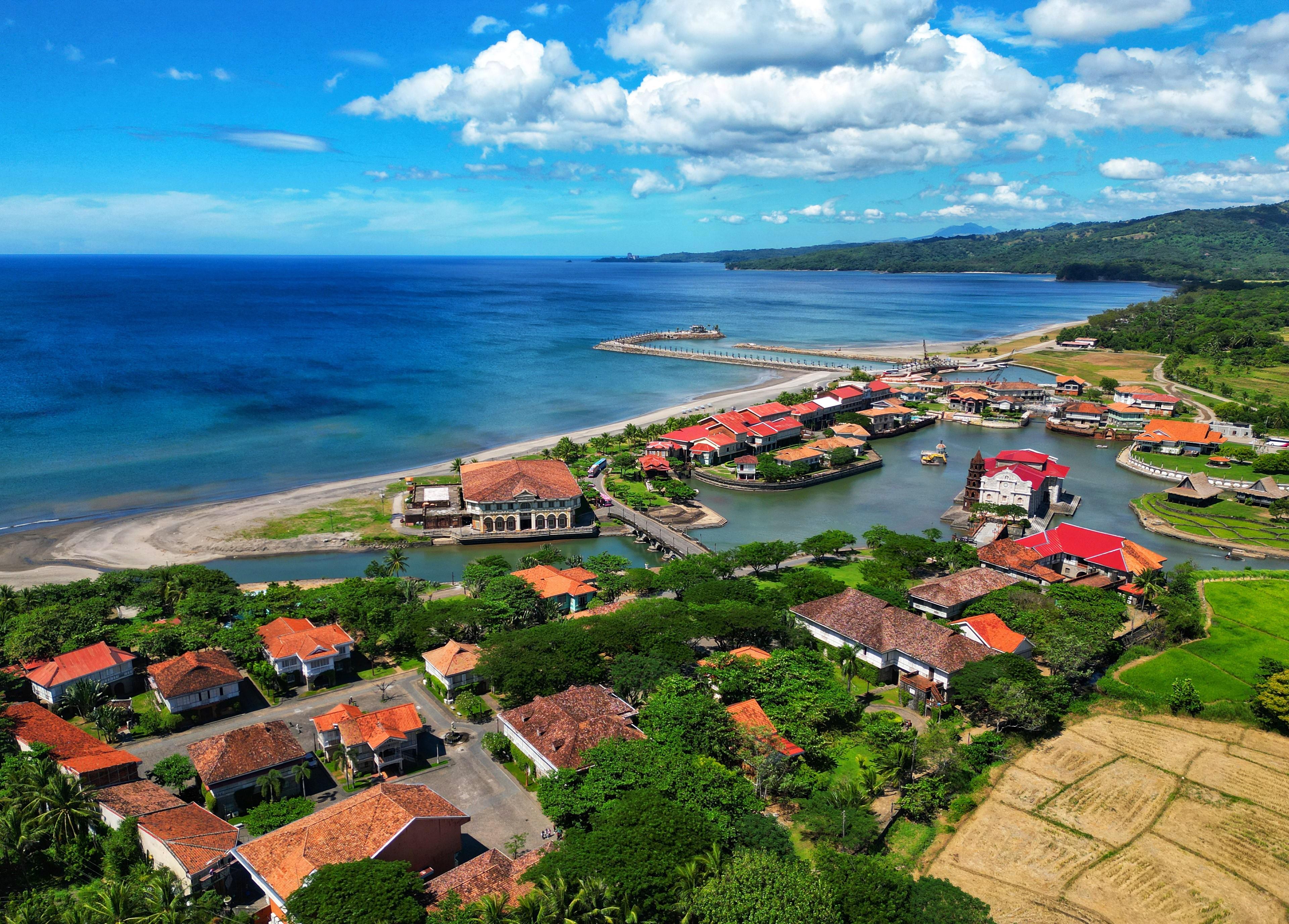
DTI-CITEM leverages on its high-demand tropical food products and PH’s EU-GSP+ coverage as it targets $66M export sales at Anuga 2019 in Cologne, Germany.
In a bid to further expand the trade relations with countries in the European Union (EU), the export promotion arm of the Department of Trade and Industry (DTI) is set to promote the country’s major food exports in Anuga on October 5-9 located along Hall 01.1(D-040g to E-049g) at the the Koelnmesse in Cologne, Germany.
Under the FoodPhilippines banner, the Center for International Trade and Expositions and Missions (CITEM) is set to lead a delegation of 31 Philippine food companies in the Allgemeine Nahrungs- und Genussmittel-Ausstellung, popularly known as Anuga, together with the Philippine Trade and Investment Center (PTIC) in Berlin.
“The Philippine exhibit this year in Germany will focus on the country’s ‘Premium 7’ export products, namely banana, cacao, coconut, coffee, mango, pineapple and tuna. We want traders and food enthusiasts in Anuga to see how our products and ingredients can be used in European kitchens and restaurants,” said CITEM Executive Director Pauline Suaco-Juan.
In 2017, 19 Philippine companies netted 65.7 million US dollars in export sales in Anuga. For 2019, DTI-CITEM is targeting 66 million US dollars. Aside from food tasting activities, the Philippine delegation will also participate in business-matching activities during the event.
Known as the world’s largest and most important food and beverage fair, Anuga presents a combination of 10 specialized trade shows under one roof, showcasing a diverse product selection in the global food industry. It brings together over 165,000 trade visitors from 198 countries.
“We want to capitalize on our existing inclusion under EU’s Generalized Scheme of Preferences (GSP+) through this event where Philippine exporters can get a first-hand scope of the global food industry,” Suaco-Juan added.
Since 2011, the Philippines has been enjoying a special trade arrangement and incentives with European countries as one of the 30 countries listed under EU’s Generalized Scheme of Preferences (GSP) Plus.
“The EU-GSP+ coverage has been a significant boost in the development of our export industry since it provides zero tariffs on selected Philippine products in EU markets,” said Abdulgani Macatoman, DTI Undersecretary for Trade Promotions Group (TPG).
“Through this participation, we aim to further increase the Philippines’ EU-GSP+ utilization rate and further diversify the country’s export products which are covered under the preferential scheme,” added Macatoman.
Under the EU-GSP+, the Philippines enjoys zero duties on its exports to the European Union on products falling under more than 6,000 tariff lines. An estimate of 120-billion-peso worth of exports has benefited from GSP+ trade preference since 2017, especially in the food and agricultural sector.
The EU’s 2018 GSP assessment report showed that the Philippines has the 2nd most diversified export portfolio under EU-GSP+, next to Pakistan, with 3,047 tariff lines covered under EU-GSP+ from 2014-2016. The same report also indicated that the Philippines has average EU-GSP+ utilisation rate of 68.9 percent from 2014 to 2016.
The EU is ranked as the Philippines’ 4th largest trading partner, 3rd largest import source and 4th largest export market.
In 2018, the country’s external trade in goods with the European Union (EU) member countries totaled to 17.49 billion US dollars or 9.6 percent share to the total trade. Exports to EU reached 8.59 billion US dollars or 12.9 percent of the total export receipts, while imports were valued at 8.59 billion US dollars or a 7.6 percent share to total imports, resulting to a balance of trade in goods (BOT-G) surplus of 320.71 million US dollars.
Two out of the five major Philippine export products to EU countries in 2018 are food products namely coconut oil, which was valued at 450.49 million US dollars and tuna, which was valued at 308.76 million US dollars.
Among the EU member countries, Germany was the country’s top trading partner with a total trade of 5.24 billion US dollars or 30 percent of the EU’s total trade. Revenue from exports to Germany amounted to 2.79 billion US dollars while payment for imports was worth 2.46 billion US dollars.
Within EU countries, ninety percent of EU-Philippine trade is concentrated among eight EU members—Germany, France, the Netherlands, the United Kingdom, Italy, Spain, Belgium and Denmark.
This participation under FoodPhilippines is led by DTI-CITEM in coordination with the PTIC office in Berlin as part of the government’s unified effort to promote the Philippines as a source of quality food products in the global market.
DTI-CITEM is committed to developing, nurturing and promoting globally competitive small and medium enterprises (SMEs), exporters, designers and manufacturers by implementing an integrated approach to export marketing in partnership with other government and private entities.
For more information on its services and events, please log on to www.citem.gov.ph.





